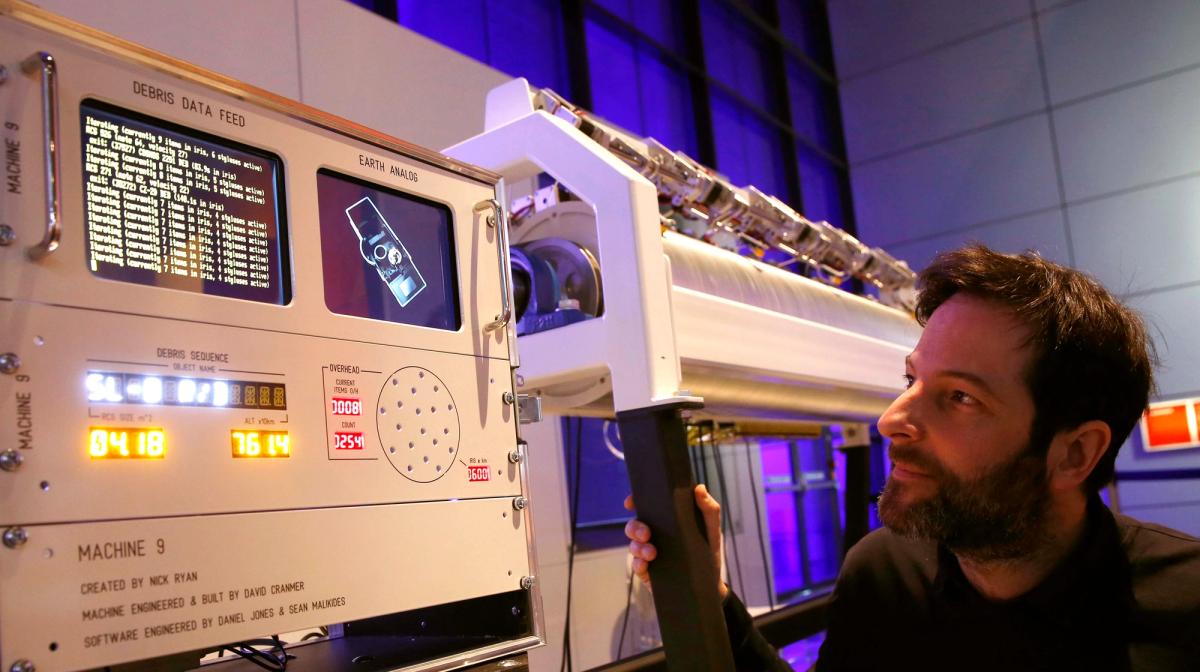The British codebreaker Alan Turing who laid the foundations for the study of artificial intelligence (AI) is due to be honoured with a new permanent public art commission in Bletchley. Three artists have been shortlisted to create the tribute to Turing as world leaders, policymakers and entrepreneurs meet for a two-day global AI summit held at Bletchley Park in Milton Keynes hosted by the UK Prime Minister Rishi Sunak.
A wartime hero, Turing successfully decoded German messages with the Bombe—his machine designed to break Enigma-enciphered messages—at the British codebreaking site during the Second World War. But after being disgraced by a conviction for “gross indecency” for homosexuality in 1952, resulting in an enforced chemical castration, Turing is thought to have killed himself in 1954.
The artists in the running for the planned piece are the Amsterdam-based creative studio affect lab; the Yorkshire-based arts organisation Mediale in collaboration with the London-based artist Matthew Rosier and the London-based composer and sound designer Nick Ryan. Milton Keynes city council is partly financing the work following a funding award of £22.7m made to the council as part of the UK government’s Town Fund, designed to level up regions outside London. The winning entry will be announced in December.
Each of the shortlisted artists will receive £2,000 each to develop their projects which should mirror “in some form the work of Turing at Bletchley Park”, a project statement says. “Following a community consultation, undertaken to explore Alan Turing’s story and what it means to people living in Bletchley, proposals for the artwork must include plans for community involvement in the development and delivery of the final work,” it adds.
Earlier this year, Ben Wallace, the former UK secretary of state for Defence, proposed erecting a permanent statue for Turing on the Fourth Plinth in Trafalgar Square, London. Meanwhile, Antony Gormley’s proposal for a 12ft steel sculpture commemorating Turing was approved by Cambridge City council last year following earlier objections from the heritage body Historic England. The sculpture of Turing is due to be erected in the grounds of King’s College where Turing read mathematics in the 1930s but the timeline for the work is unclear.
The UK government formally apologised to Turing in 2009. The then Prime Minister Gordon Brown said: “He truly was one of those individuals we can point to whose unique contribution helped to turn the tide of war. The debt of gratitude he is owed makes it all the more horrifying, therefore, that he was treated so inhumanely.” A Turing memorial also stands in Sackville Gardens in Manchester.


